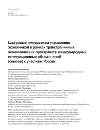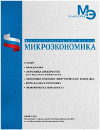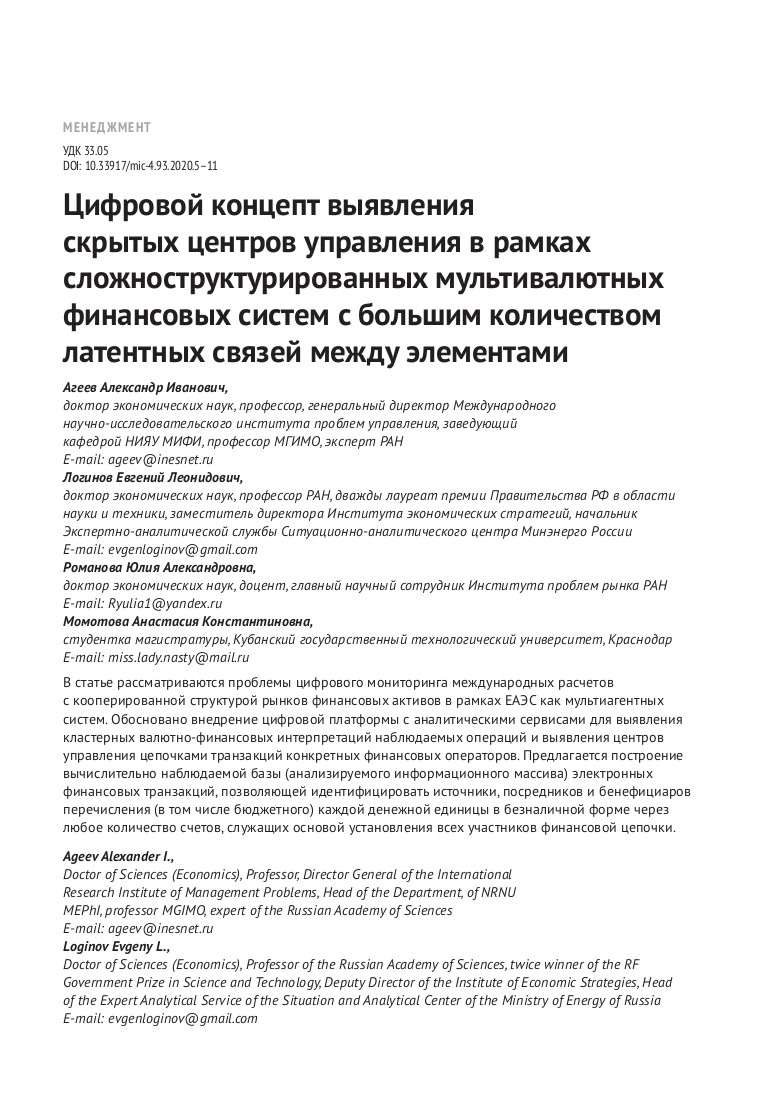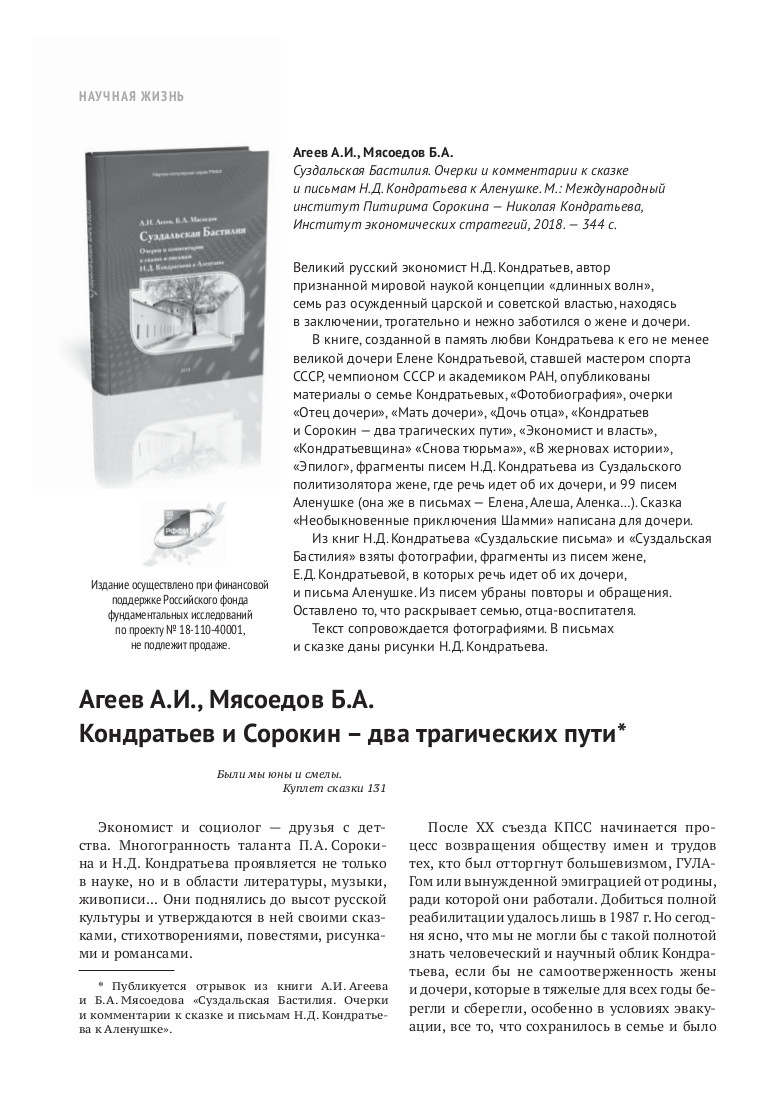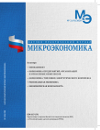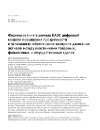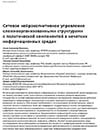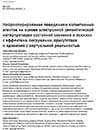Digital imperatives of economic management within the cross-border economic spaces of international integration associations (unions) with the participation of Russia
DOI: 10.33917/mic-1.96.2021.5-10
The problems of forming a unified digital information environment of a group of industry and cross-industry clusters of large and medium-sized companies within the framework of international integration associations (unions) with the participation of Russia are considered. The possibility and expediency of involving various types of resources distributed over economic spaces into the control loop has been substantiated. It is proposed to form resource- and object- (agent-based) structured matrices of effective demand and cooperative supply of products and services in Russia and abroad.



